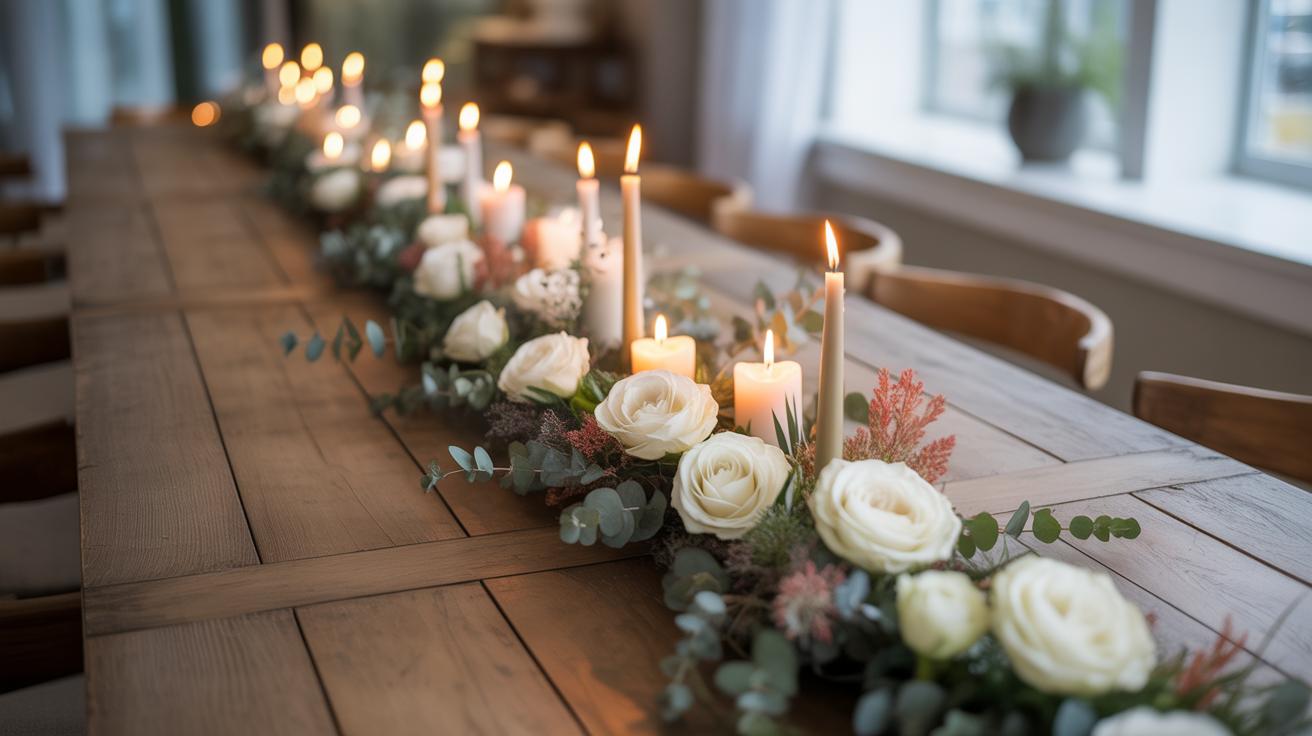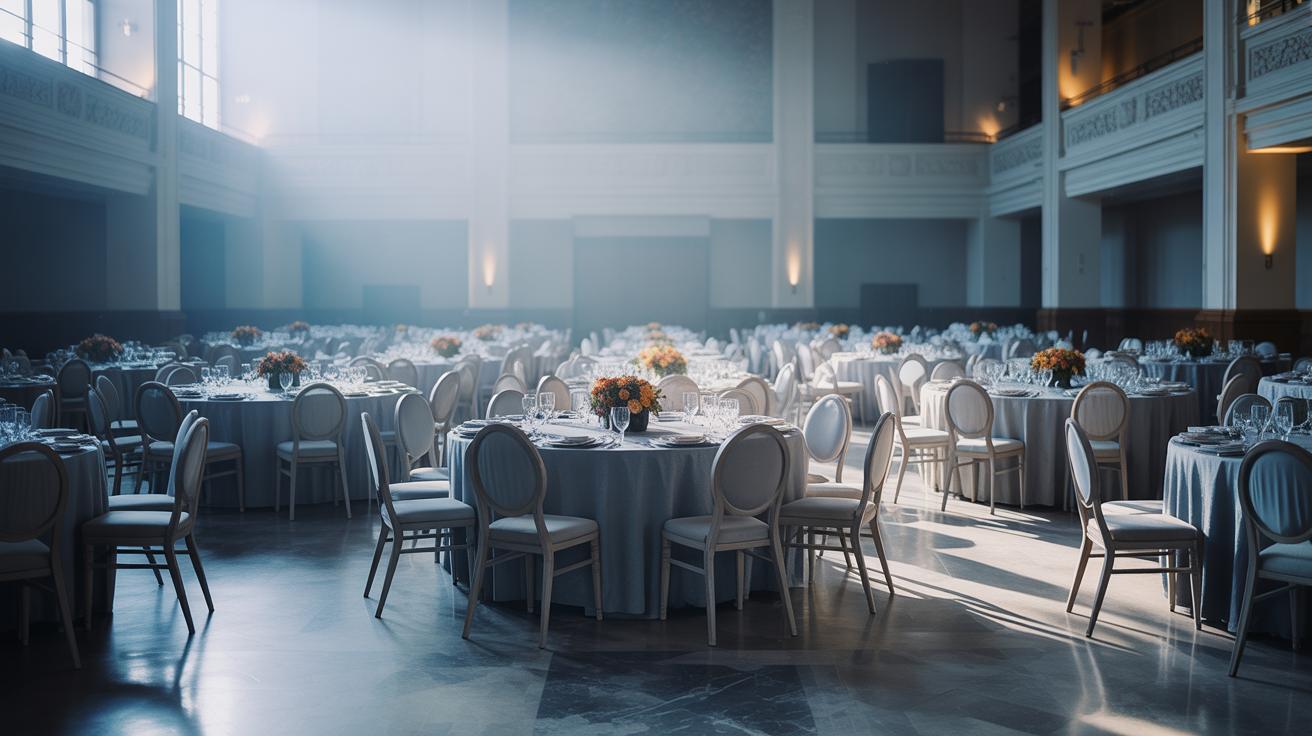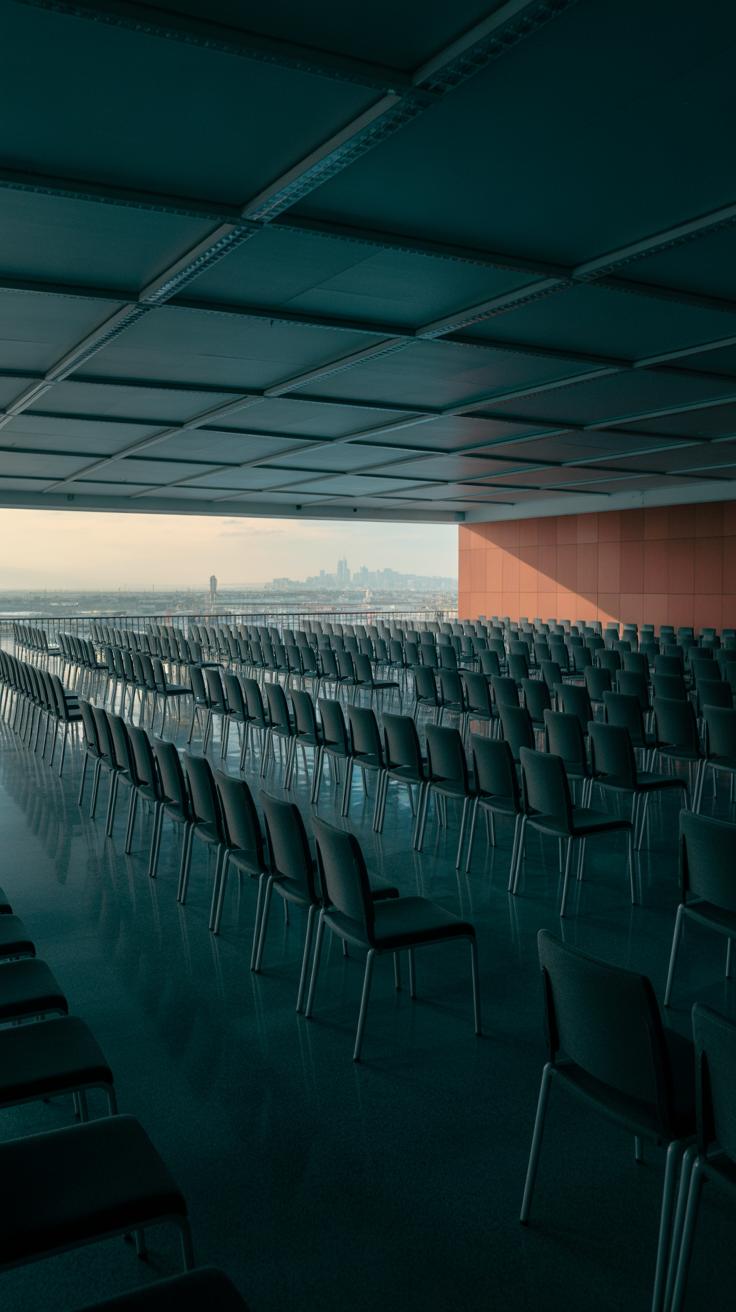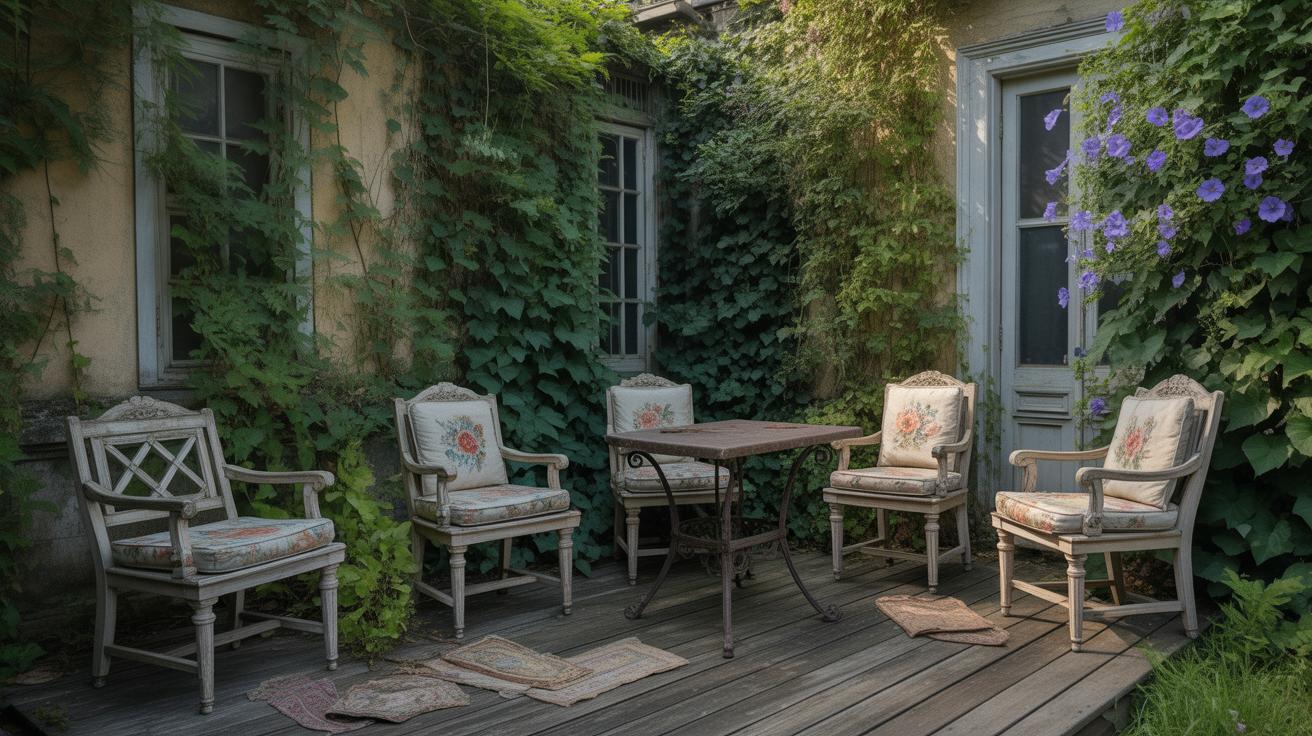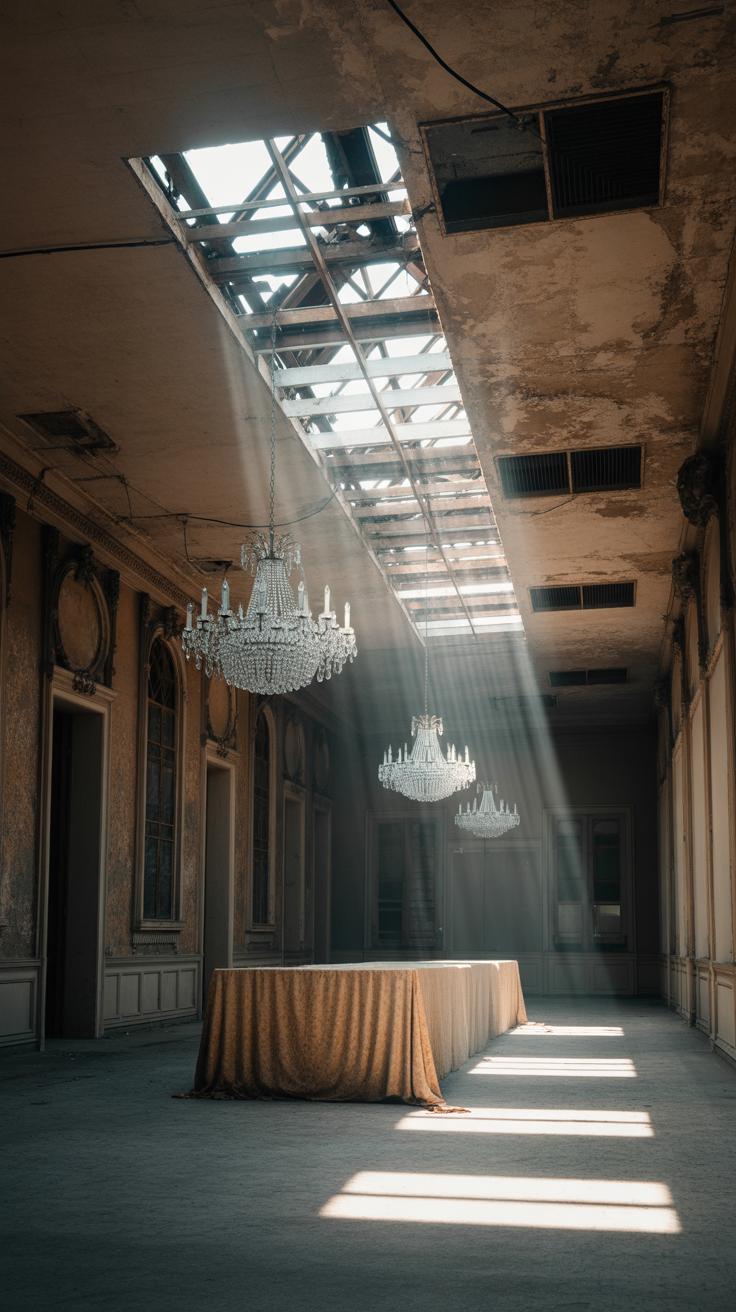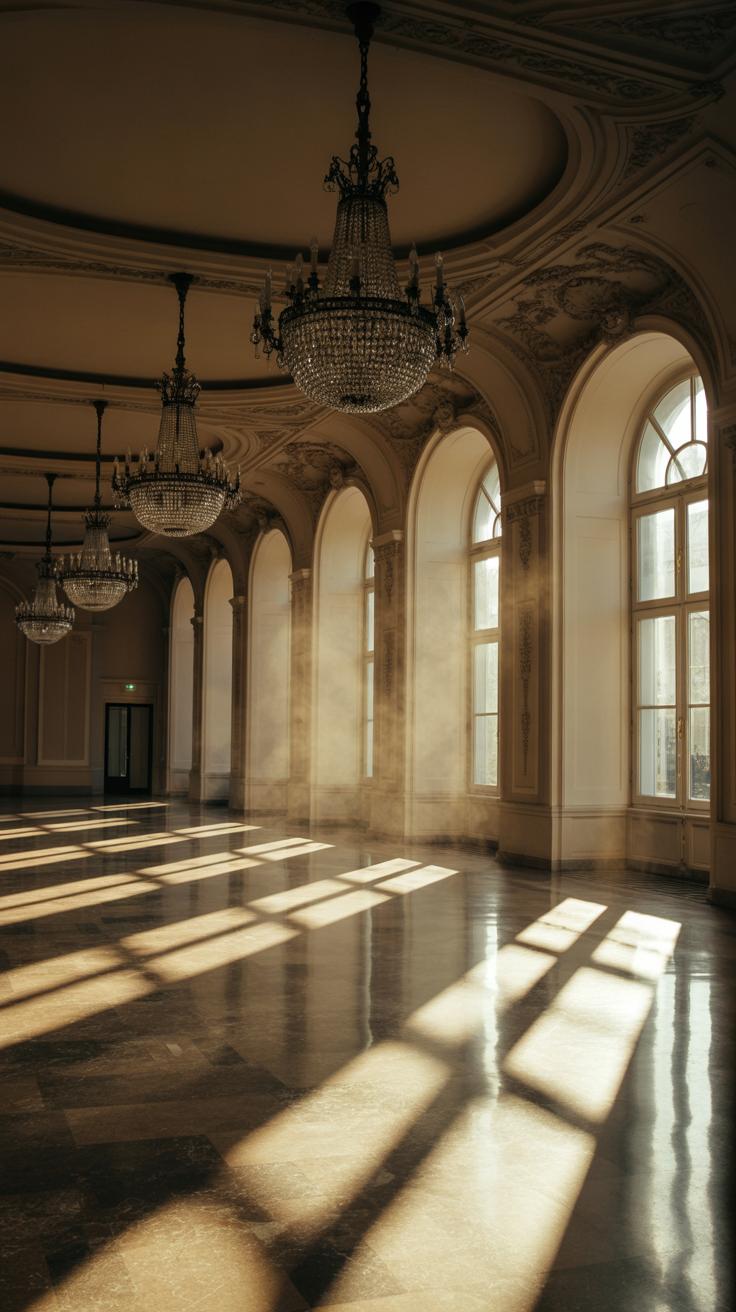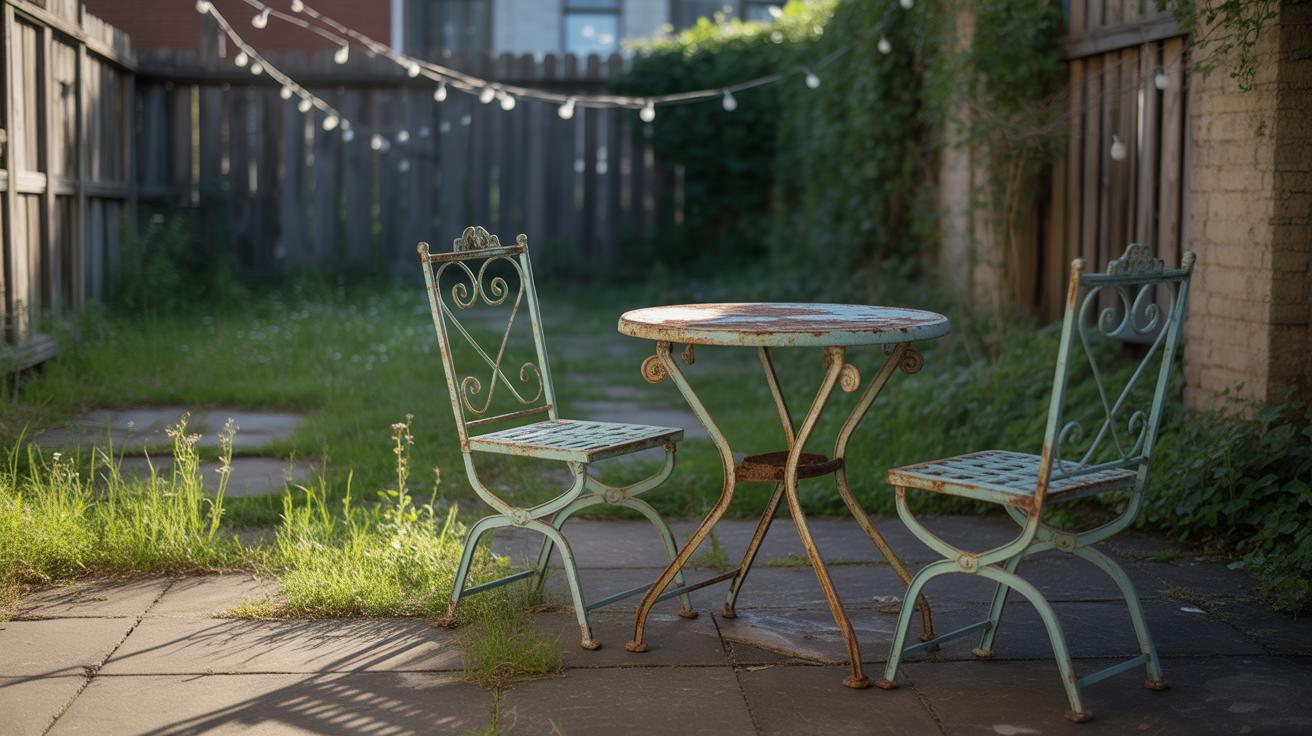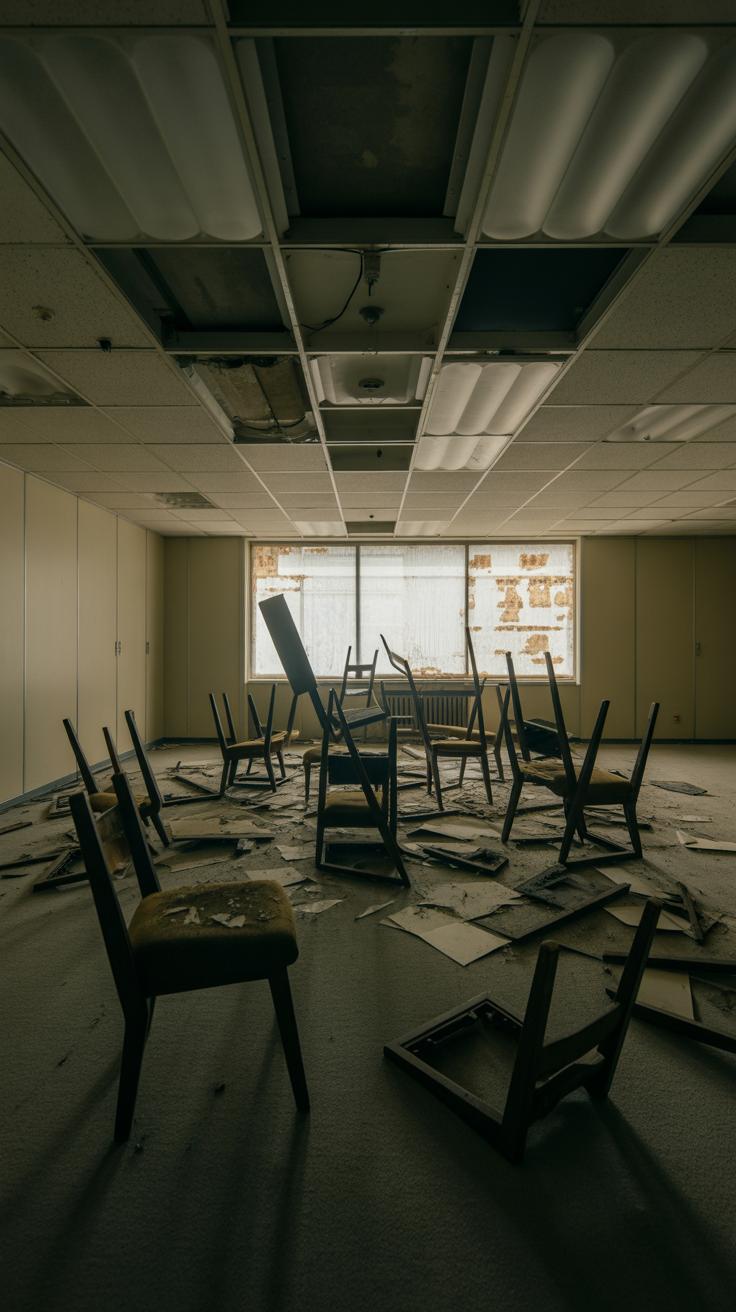Introduction
Choosing the right event space is critical for your event’s success and budget management. Many event organizers make costly mistakes that quickly drain their funds. This article highlights frequent errors in event space selection and offers practical solutions to prevent overspending.
You will learn about common pitfalls, how to assess venue costs accurately, and strategies for negotiating and planning your event space to save money. By understanding these points, you can avoid budget blowouts and make better decisions for your event.
Common Event Space Budget Mistakes
Ignoring Total Venue Cost
One of the biggest traps event planners fall into is focusing only on the base rental price of a venue. It’s tempting to zero in on that headline number and forget about the hidden fees lurking beneath the surface. You might think the venue fits your budget at first glance, but then come the extra charges for cleaning, security, equipment rental, insurance, parking, and sometimes even taxes.
Take, for example, a friend who booked a lovely historic hall. The rental fee was reasonable, but the contract included a charge for mandatory security guards and janitorial fees that weren’t mentioned upfront. By the end, the total cost felt like a surprise that could have been avoided if those details were scrutinized earlier. It makes you wonder—why assume the initial price is all there is? Wouldn’t it be smarter to ask for a comprehensive breakdown before committing?
Ignoring the full scope of venue fees often means scrambling to cover unexpected bills later, which almost always throws your budget out of whack. So if you don’t want your event spending to shoot past the limit, dive deeper than the headline number. Don’t just ask “what’s the rental fee?” but also, “what else will I pay for?”
Choosing Popular Venues Without Comparison
It’s easy to feel drawn towards the “go-to” venues everyone talks about. Those famous spots have a brand, a reputation, and maybe even a wow factor that feels worth paying extra for. But I’ve seen planners lock in these famous spaces without really weighing other options—and it often costs far more than it needs to.
Skipping the comparison step might save time, but it can blow your budget wide open. Your gut might nudge you to just pick the known place, but what about less conspicuous venues that fit your size and style just as well? They might come with fewer fees or negotiable terms you never even consider. Sometimes, a lesser-known location can provide the same ambiance without charging a premium for its popularity.
Consider asking yourself: why pay for a venue’s name when your goal is to host a good event on budget? Shopping around isn’t just about getting a better rate—it’s about finding value that fits your needs. Don’t settle for the shiny option out of convenience or perceived social status. Explore, compare, and challenge whether the familiar choice really deserves your money.
How to Compare Venue Prices Effectively
Listing All Venue Fees
When you start looking at venues, the sticker price rarely tells the whole story. It might feel like you’re just comparing numbers at first. But often, what’s not immediately obvious can wreck your budget quickly. So, it’s crucial to ask your venue contacts for a full breakdown of fees. Don’t just settle for the rental cost. You should dig into cleaning fees, security charges, service staff costs, and even taxes. These smaller fees add up fast and might push a seemingly affordable location way past your budget.
Some places also tack on costs depending on timing—like extra hours, setup days, or event wrap-up. And then, there’s equipment rentals. Tables, sound systems, lighting—sometimes these aren’t included in the base price at all. I learned that the hard way once, when I assumed the venue provided microphones, only to be hit with an unexpected invoice later.
So, you want to write down every possible fee. Call or email to confirm details. Sometimes, the venue won’t mention certain fees unless you specifically ask. That’s just the reality.
Creating a Cost Comparison Spreadsheet
Once you have all the fees, putting them into a spreadsheet helps clear the fog. It’s not just about putting numbers side by side. A spreadsheet forces you to think about what exactly you’re paying for. I find it easier to spot hidden costs and odd charges when everything lines up in columns.
Your spreadsheet might look something like this:
- Venue base rental
- Cleaning fees
- Security costs
- Staff/service charges
- Equipment rentals
- Taxes and gratuities
- Extra hour fees
With each venue listed in rows, you get a direct cost comparison across the board. Sometimes, the cheapest rental price isn’t the cheapest overall. This clarity can save you from picking a place that looks affordable but drains more money. And if you update this spreadsheet every time you contact a new venue, it keeps your options clear as they develop.
Also, don’t be afraid to make notes in the spreadsheet. Jot down conditions, restrictions, or anything that could have a financial impact later. This small step keeps surprises at bay and helps you weigh choices carefully.
Negotiate Your Event Space Costs
When you look at your venue contract, you might see a bunch of fees that seem fixed. But really, many of those charges have some wiggle room—sometimes quite a bit. It helps to know what parts you can talk down before signing on the dotted line.
Start by scanning for things like setup fees, cleaning charges, or even parking costs. These often aren’t set in stone. Sometimes the rental rate itself can be flexible, especially if your event falls on a less popular day or during an off-peak season. Believe it or not, catering minimums or equipment rentals tied to the space may be negotiable too.
If the venue throws in extras like AV support or Wi-Fi, ask if those can be bundled or discounted. You never know until you ask, and venues often prefer closing a deal rather than losing you to someone else.
When you’re ready to negotiate, be clear about your budget upfront. Ask about alternative spaces if the price seems steep. Sometimes a smaller or less central room can cost much less.
Don’t hesitate to mention competing quotes you’ve gathered. You don’t have to overplay your hand, but showing you’ve done your homework can push the venue to offer better terms.
Also, consider flexibility on timing—maybe reducing your rental hours by an hour or two can trim costs. On my last event, just shifting the start time saved us a couple hundred bucks. It feels minor but adds up fast.
Remember, negotiation isn’t a one-sided affair. If you show willingness to compromise on minor details, venues often reciprocate with a better deal. And always get any concessions in writing—verbal promises tend to fade away.
So, what fees would you be willing to negotiate? Are you focusing on the rental rate, or perhaps the extras? Thinking these through can save more than you expect.
Checklist for Evaluating Venue Suitability
Choosing an event space without a thorough checklist can lead to surprises that eat away at your budget. Before signing that contract, run through these key points to make sure the venue fits your event like a glove, or at least close enough.
Assessing Space Size and Layout
Get a clear idea of how many people will attend and think about how they’ll move around. Sometimes, a place seems big enough—until you factor in stage setups, dining tables, or equipment. If the space is cramped, you might have to pay extra for last-minute adjustments, like renting additional rooms or reconfiguring furniture. I recall one event where ignoring layout led to a tight squeeze near the entrance, causing delays and frustration. Ask yourself: does the venue allow the setup you want without crowding guests? Is there room to breathe, or will you feel boxed in?
Reviewing Accessibility and Amenities
Check the basics like parking, elevator access, and restroom availability. These might seem minor, but inadequate accessibility could force you to arrange costly shuttle services or portable restrooms after the fact. Are wheelchair ramps or Braille signage necessary for your crowd? Amenities like Wi-Fi, heating, or air conditioning can sneakily add up if you end up needing to rent extras. When I didn’t verify Wi-Fi reliability once, we had to pay for a hotspot that drained the budget faster than expected. So, get a clear picture of what’s included and what’s not before you commit.
Hidden Costs That Inflate Budgets
Understanding Service Charges
Service charges can sneak up on you when booking an event space. They’re often tacked on as a percentage of your total bill, sometimes ranging from 15% to 25%. That might not seem huge at first, but it can push your expenses well beyond what you initially planned. You might think you understand your venue costs, only to find this extra fee appearing on the invoice, making you question your whole budget.
These charges usually cover things like venue management, cleaning, and sometimes basic staffing. Still, they’re rarely broken down clearly upfront. It’s easy to underestimate their impact, especially if you’re focused on visible line items like rental fees or catering. Trying to negotiate them can feel awkward but worth a shot; some venues reduce or waive them with a large booking.
Extra Fees for Equipment and Staff
Technical equipment rental is another budget trap. Many venues don’t include essentials like microphones, projectors, or lighting in their base price. Instead, they charge separately, sometimes at surprisingly high daily rates. You might assume your laptop and a speaker setup will suffice, then realize the sound system or screens are extra and pricey.
On top of that, venue staff fees add up quickly. Think between event coordinators, security, or technicians—venues often require you to pay for staff to operate equipment or oversee your event. Sometimes these costs come as flat fees; other times, hourly charges. Not budgeting for this can leave you scrambling to cover unexpected bills.
It’s tricky since service and staff fees aren’t always standardized. You might wonder if a cheaper venue with fewer extras will save money or simply pass fees along in unexpected ways. Do you focus on the venue’s base rate or dig deeper into what’s truly included? That’s often where budgets start to bleed.
When to Book Ahead to Save More
Benefits of Early Booking
Booking your event space well in advance can save you quite a bit of money. Venues often offer lower rates when you commit early, sometimes months before the event. It’s like a silent bargain – you might not see it advertised, but it’s there if you ask. Plus, early booking means you lock in a price before any seasonal or demand-related price hikes.
You also get a wider selection of spaces. Popular venues fill up fast, so deciding early helps snag that perfect spot rather than settling later. For example, I once helped plan an event six months ahead and secured a discount just by mentioning we were early in the booking cycle. Without that, the same space was 20% more expensive the month before the event.
Risks of Last-Minute Arrangements
Waiting until the last minute can drain your budget quickly. Venues might jack up prices because the calendar is tightening and they know you’re desperate. Sometimes, they’ll tack on extra fees for rushed paperwork or limited staff availability. I think this is where many event planners stumble, thinking they can “score a deal” by waiting—rarely works out.
Also, choices become limited. Those big, attractive spaces? Probably gone. You may end up with smaller rooms or less convenient dates. The consequence: either pay more or compromise on what you want. Have you ever scrambled last minute, just to find a venue barely suitable? It’s frustrating and often more expensive than booking ahead.
Examples of Costly Venue Selection Errors
Overpaying for Unused Space
Imagine booking a grand ballroom meant for 500 guests, when your actual attendance barely reaches 150. You pay premium rates for the whole area, but most of that space sits empty. It might sound like a harmless cushion, but the costs add up fast—higher rental fees, extra cleaning charges, and even increased staffing needs just to cover the larger footprint.
One planner I know once did just that. They wanted flexibility, so they chose a venue that felt “safe” in size. Later, they realized the extra space didn’t enhance the event—it just inflated the budget unnecessarily. You have to ask yourself: do you really need that much room, or are you just hedging your bets? Sometimes tighter spaces feel a bit cramped but make your budget breathe easier.
Ignoring Extra Fees Until After Booking
Small fees are easy to overlook in the excitement of locking in a venue. But they rarely stay small. A case comes to mind where a team booked what looked like a reasonable deal, only to discover hefty fees for things like Wi-Fi, AV equipment, and even mandatory cleaning services. Suddenly, the supposedly “all-inclusive” price swelled by 30%. No one anticipated those charges—until the invoice arrived.
It’s tricky because contract fine print tends to hide these extras. You want to believe you’re getting a clear price, but often you’re not. Can you blame event planners for zoning out during dense contracts? Still, catching those costs early can stop budget blowouts. Checking line by line, and asking directly about potential hidden fees, saves a lot of stress afterward.
Steps to Stay on Budget with Your Event Space
First off, setting a clear budget limit for your venue is crucial. Decide exactly how much you can afford to spend—and stick to it. That means no vague guessing or hoping you’ll find a cheaper option later. Write down the number, keep it visible, and use it as your guiding star. When matching venues to your needs, instantly cross off anything that pushes past this limit. It’s easier said than done, I know. Sometimes a space looks perfect and sways you, but remember, overspending here can drain your entire event fund.
Next, keep a close eye on all venue-related expenses as soon as you start booking. Costs often creep in unnoticed—cleaning fees, security deposits, extra hours, or unexpected taxes. Checking in regularly on invoices and estimates helps catch those early. Adjust your plans if you see your spending edging close to the budget boundary. You might swap out extras, reduce hours booked, or negotiate better terms. This ongoing review can be a bit tedious but it’s the best way to avoid a last-minute scramble or surprise bills.
Consider making a simple cost tracker. I find even a basic spreadsheet or app can help you stay on top of every charge as it comes along. Breaking down costs by deposit, final payment, and additional fees makes it easier to spot where you’re off target. Your goal is to have a clear, updated view of what’s committed and what’s still left to pay.
Finally, ask yourself periodically, “Am I really getting value for this price?” Sometimes, a slightly more expensive venue might save money later by including extras like tables, chairs, or AV equipment. Other times, cutting a bit in space can free up funds for other priorities. These small adjustments, done with cost tracking, prevent your venue from becoming the budget’s biggest leak.
Conclusions
You have now seen the key mistakes that cause budgets to explode when selecting event spaces. Careful planning and informed choices help keep costs in check. Evaluating venues carefully and anticipating extra charges can protect your budget.
Remember to weigh all factors, negotiate wisely, and plan your event with clear cost goals. Avoiding the highlighted errors will help you select the best event space without wasting your resources.



